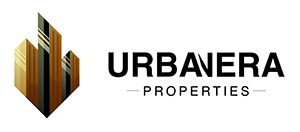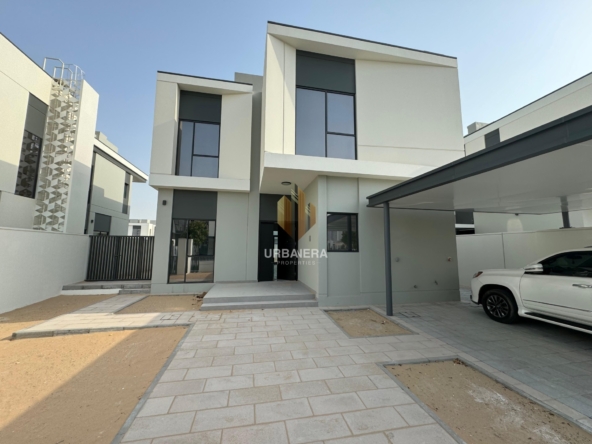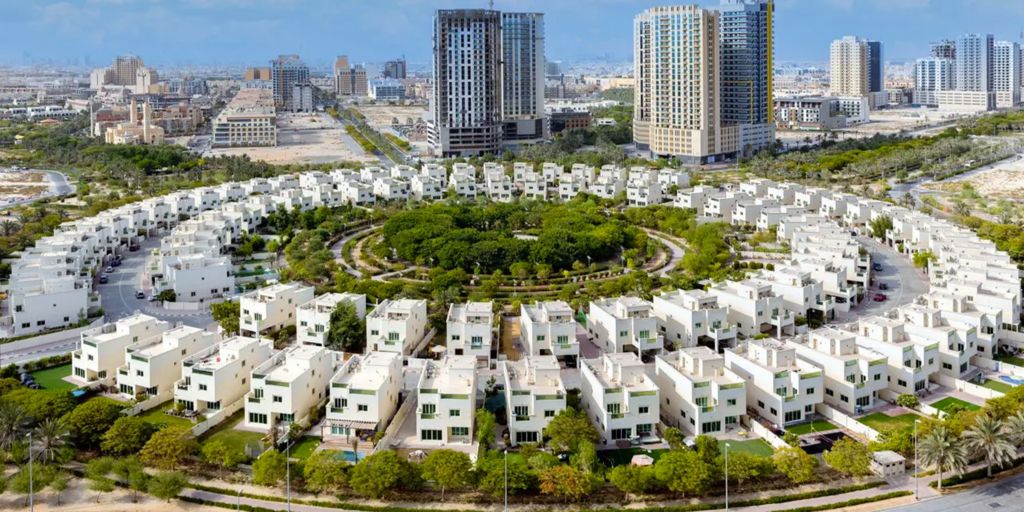Exploring the Booming Dubai Real Estate Market
New Projects
Luxury Living | Brand New | Gated Community | 4BR
URBANERA PROPERTIES Presents this 4-bedroom villa for rent in Murooj Al...
- 4 Bedrooms
- 5 Bathrooms
- 5359 Sq.Ft
1 year ago
1 year ago
Serene and Spacious 2BR TOWNHOUSE|SMART HOME|FREE HOLD|MULTIPLE PAYMENT
- AED 1,950,000
Masaar by Arada, a newly launched development that offers a selection...
- 2 Bedrooms
- 3 Bathrooms
- 1964 Sq.Ft
1 year ago
1 year ago
MODERN TOWNHOUSE | BRAND NEW | MULTIPLE PAYMENT OPTIONS
La Rosa 6 Is The Brand New Gated Community Of Spacious...
- 4 Bedrooms
- 5 Bathrooms
- 2601 Sq.Ft
1 year ago
1 year ago
Premium 4BR villa | Close to Luxurious Amenities | Special Price |
- AED 5,400,000
Urbanera Properties is excited to present all exclusive and luxurious 4-bedroom,...
- 4 Bedrooms
- 5 Bathrooms
- 4008 Sq.Ft
1 year ago
1 year ago










